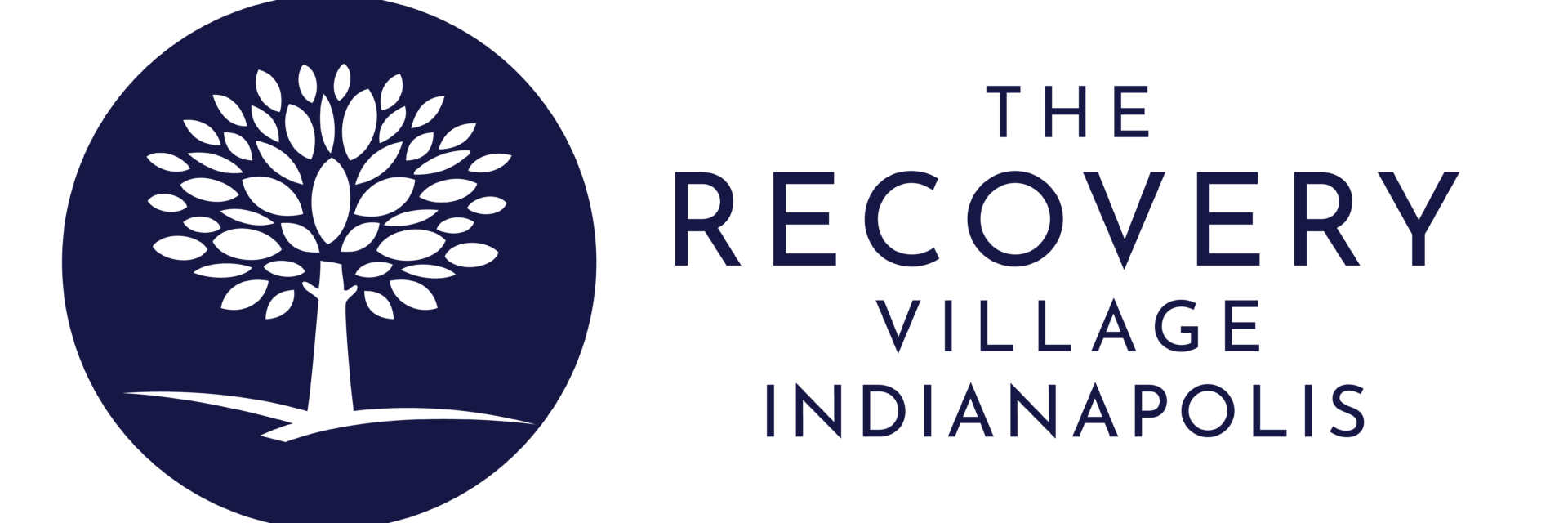Substance Abuse Specialists: Their Role, Training, and Impact
Written by The Recovery Village Indianapolis
& Medically Reviewed by Dr. Kevin Wandler, MD
Medically Reviewed
Last updated: 07/07/2024
Key Takeaways
- Substance abuse specialists are crucial in addiction recovery, providing counseling, treatment plans and behavior change support.
- Effective communication and a non-judgmental approach are key to building trust with patients.
- Specialists play a vital role in aftercare, helping prevent relapse and ensuring long-term sobriety.
- Educational requirements for substance abuse specialists typically include a bachelor’s or master’s degree and specific certifications.
- Practical training and internships are essential for hands-on experience in addiction treatment.
- Recovery Coaches and peer support can significantly improve treatment outcomes and patient motivation.
- Substance abuse treatment has been shown to increase short-term remission rates and improve psychosocial functioning.
- Specialists face challenges like stigma, high demand for services and burnout, which can impact their effectiveness.
- Addressing burnout and stress among specialists is crucial for maintaining high-quality care.
- Relapse is treated as a part of the recovery process, with a focus on learning and growth.
What are Substance Abuse Specialists?
Substance abuse specialists are vital professionals in the field of addiction recovery. Their primary role involves offering support and guidance to individuals grappling with substance use disorders (SUDs). This encompasses providing counseling, creating individualized treatment plans and assisting patients in identifying and changing behaviors related to their addiction.
These specialists are often employed in various settings, including outpatient clinics, residential treatment centers, hospitals and private practices. A substance abuse specialist develops treatment plans that are personalized to the needs of each client, which may include coping strategies and maintaining a healthy lifestyle post-treatment.
How Substance Abuse Specialists Help in Recovery and Aftercare
The role of substance abuse specialists extends beyond the initial treatment phase, encompassing comprehensive treatment planning and aftercare support, which are critical for long-term sobriety and relapse prevention. Studies highlight the effectiveness of assertive continuing care, including personalized interventions like home visits, linkage to other services and advocacy, resulting in significantly better outcomes than standard care.
Aftercare programs are designed to address the unique challenges faced by individuals post-treatment. These may include coping strategies for managing triggers, ongoing therapy, peer support groups and assistance with employment or education goals.
Moreover, substance abuse specialists play a key role in facilitating family involvement in the recovery process, which can provide a robust support system for the individual. They also navigate the complexities of co-occurring disorders, ensuring that both the substance use and any mental health issues are addressed in an integrated manner.
How Substance Abuse Specialists Are Qualified
Continuous learning and adherence to evolving best practices are essential for those seeking to make a difference in this challenging yet rewarding field. Training programs and certifications are continually updated to reflect the latest advancements in addiction science, ensuring substance abuse specialists are equipped with the most effective tools to facilitate recovery.
Educational Pathways
A foundational step is obtaining a bachelor’s degree in a relevant field such as substance abuse, addiction counseling, or a related counseling field like marriage and family therapy or mental health.
Further specialization often requires additional certification or advanced degrees. For example, the National Certified Addiction Counselor (NCAC) level II certification mandates a minimum of 450 hours of education and training in addiction and substance use. Similarly, becoming an Addiction Psychiatry Specialist involves passing a certification exam through the American Board of Psychiatry and Neurology, with specific deadlines and application procedures detailed on their site.
Practical Training and Internship Programs
Substance abuse specialists undergo rigorous practical training and internships to prepare for their challenging roles. These experiences are crucial for gaining the hands-on skills needed to effectively support individuals battling addiction.
For instance, the SAMHSA Internship Program, administered by The Washington Center, provides students with a comprehensive introduction to SAMHSA’s pivotal role in promoting a productive community life for everyone. Interns engage in projects, assignments, or research that bolster federal and state initiatives.
Similarly, the Wayside Wellness Center offers an integrated outpatient treatment program for women with substance use and mental health disorders, where interns can gain practical experience in individual and group settings.
Certified Substance Abuse Counselors may need to complete 4000-6000 hours, while Licensed Clinical Addiction Specialists may require 1000-4000 hours of supervised clinical practice, as indicated by professional standards on LinkedIn.
Substance Abuse Specialists Improve Recovery Outcomes
Research indicates that Recovery Coaches (RCs), who often share their own experiences with SUD, can significantly increase a patient’s motivation to change behavior and enhance trust in the recovery process. These specialists embody recovery values such as honesty, open-mindedness and problem-solving, which are vital for building a recovery-supportive social network.
Studies have shown that RCs are effective in several key areas: improving relationships with healthcare providers and social supports, increasing retention in treatment programs, enhancing satisfaction with treatment experiences and reducing relapse rates. Recovery community centers (RCCs) further support individuals by offering diverse services like recovery coaching, employment assistance and educational support, acknowledging that there is no one-size-fits-all approach to recovery.
Success Rates of Substance Abuse Treatment
An analysis of success rates provides insight into the effectiveness of treatment approaches. Studies have indicated that monitoring programs for healthcare professionals with SUDs yield substantial success, with pooled abstinence rates being around 72% and work retention rates at approximately 77%, according to a meta-analysis. These figures underscore the positive outcomes that can be achieved with professional intervention.
Furthermore, research has shown that treatment for SUDs leads to higher rates of short-term remission compared to those who do not seek help. For instance, one study found that 62.4% of individuals who received help were in remission by the three-year follow-up mark, as opposed to only 43.4% in the no-help group. This emphasizes the critical role substance abuse specialists play in facilitating sustained recovery.
Challenges Faced by Substance Abuse Specialists
With nearly half of Americans wishing for help in managing stress, according to a poll cited by American Psychological Association, it is clear that addressing the mental health of substance abuse specialists is not only a personal concern but a broader societal issue that impacts the quality of care for those struggling with addiction.
Burnout and Stress
Substance abuse specialists are essential in the fight against addiction, yet they face significant challenges that can lead to high levels of burnout and stress. Studies have identified that the intense emotional demands of the job, coupled with factors such as low wages, high caseloads and the emotional toll of patient relapses, contribute to these professionals’ stress.
Effective strategies to combat burnout in this field are crucial for the well-being of both the specialists and their patients. The Substance Abuse and Mental Health Services Administration (SAMHSA) suggests organization-level strategies to address these challenges. These may include providing adequate support, improving workplace conditions and promoting mental health resources.
Patient Relapses
Understanding that addiction is a chronic condition, with relapse rates comparable to other chronic medical illnesses such as diabetes and hypertension, helps contextualize this challenge. Specialists are trained to handle relapses with empathy, recognizing them as a potential part of the recovery process rather than a failure.
During a relapse, specialists focus on identifying triggers, reinforcing coping strategies and adjusting treatment plans as necessary. Cognitive-behavioral therapy (CBT) is often utilized to help patients modify negative thought patterns that could lead to a relapse. Additionally, medications such as naltrexone and acamprosate may be prescribed to support abstinence and prevent future relapses.
Get Addiction Treatment from Substance Abuse Specialists
For those seeking drug and alcohol addiction treatment, The Recovery Village Indianapolis Drug and Alcohol Rehab stands as a beacon of hope. Located within the heart of Indy, we offer a comprehensive array of treatment options, including medical detox, inpatient care, partial hospitalization and intensive outpatient services.
When you or a loved one are ready to embark on the path to recovery, our Recovery Advocates are here, ready to assist. Reach out to learn more about our tailored treatment programs, designed to cater to your specific needs and situation.
Authorship


